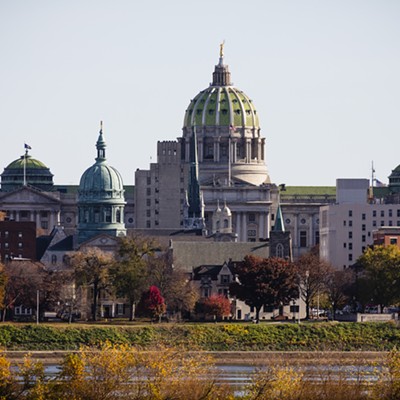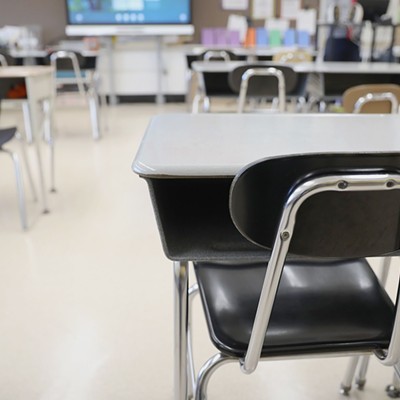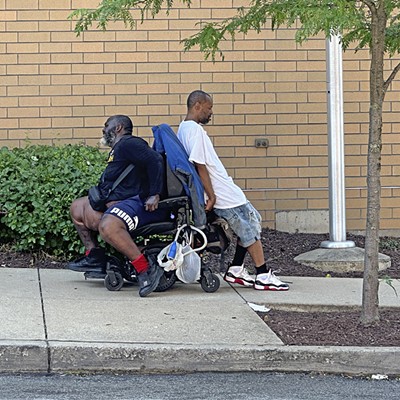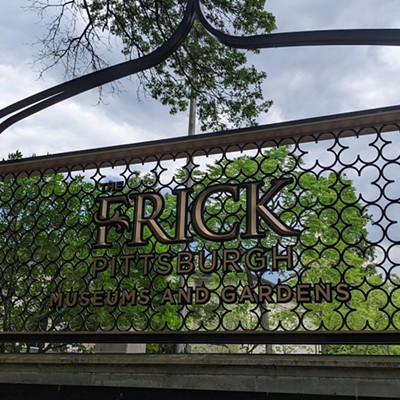Two Allegheny County lawmakers have introduced legislation to establish a permanent free breakfast and lunch program for all Pennsylvania school children that would take effect at the beginning of the next school year if signed into law.
State Rep. Emily Kinkead (D-Brighton Heights) and State Sen. Lindsey Williams (D-West View) have introduced complimentary bills in the house and senate that would expand and make permanent an executive order signed by Gov. Tom Wolf earlier this month granting free breakfasts to all Pennsylvania school children. Their bills would extend the program to include lunches.
Kinkead and Williams joined with educators and administrators at the state capitol today to urge other lawmakers to support the bills.
“Providing a free breakfast and lunch for all students in Pennsylvania would mean that we are ensuring that all students have an equal opportunity to face their school day without food insecurity,” said Sherri Smith, incoming executive director at the Pennsylvania Association of School Administrators, who read from comments prepared by other educational leaders.
“Lack of proper nutrition negatively affects concentration, creativity, and problem solving, skills that are essential to our students’ success,” Smith said, calling the proposed legislation “an investment” in children’s education.
In a memo attached to her senate bill proposing a permanent, universal free meal program for schoolkids, Williams writes that federal waivers that made school breakfasts and lunches free to all students during the pandemic will soon expire.
When that happens, she writes, “only students with a family income of 185% of the poverty level or below will qualify for free or reduced school meals this school year.”
“The end of the federal waivers will be especially difficult for families who fall just outside the USDA’s income-eligibility guidelines,” she continues. “Additionally, because of rising supply chain costs, some schools are being forced to raise meal prices, meaning that families who were paying for meals before the pandemic will now pay even more for students’ breakfasts and lunches.”
Since the announcement of the end of the federal waivers came in late June, Williams said at today’s press event, lawmakers were not able to consider including funding for school meals in the most recent state budget.
Although Wolf’s free breakfast program will last only through the current school year, Williams says she’s already heard from parents who are grateful not to have to pay for their children's breakfast this year. Additional legislation is needed, she says, to ensure school meals remain free.
Williams says the cost of the proposed free meal program would comprise roughly .006% of the state’s $42 billion budget.
“In June we passed a massive cut to corporate taxes. We did very little to help working families directly. But this is something we can do right now that would have a huge impact on families across the Commonwealth,” Williams said. “Whether we’re helping a student who forgot their lunch at home, a parent struggling with the loss of a job or a family just trying to make ends meet, ensuring that every student has access to breakfast and lunch with no shame or stigma is one of the most common-sense ways we can help our kids be ready to learn every single day.”


















